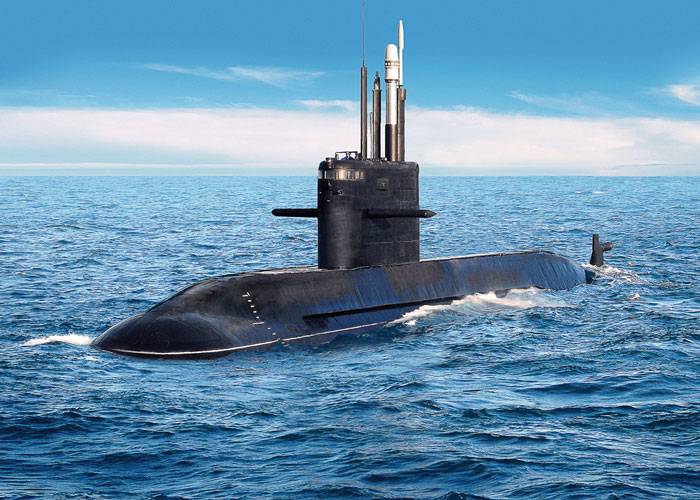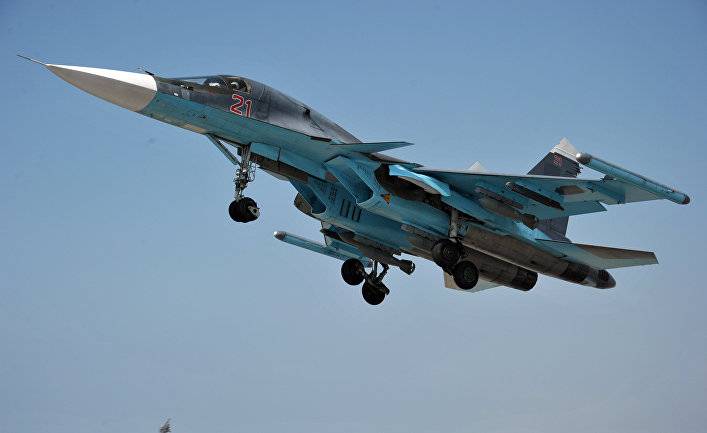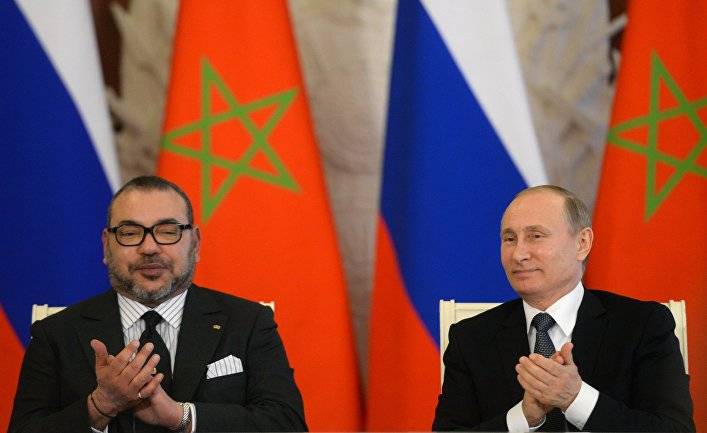Morocco is considering improving its arsenal with Russian weapons

Russian submarine "Amur-1650"
The negotiations between Rabat and Moscow are aimed at strengthening the combat capability of the Moroccan army, improving its defense arsenal with the help of advanced weapons from various sources.
According to Moroccan sources, high-ranking military from Morocco visited Russia to negotiate an unprecedented arms deal. The conclusion of this contract between Rabat and Moscow will change the strategic balance of forces in the region, stretching from the Strait of Gibraltar to the interior of Africa through the Sahel and the Sahara, in favor of the armed forces of the kingdom.
According to the Moroccan newspaper Al-Masaa, a number of generals from the Royal Armed Forces (RAF), communications corps and the Royal fleet visited Moscow to discuss the possibility of signing a deal to acquire the Russian Amur-1650 submarine, which is characterized by high combat effectiveness, as well as Su-34 bombers.

Russian media believe that negotiations between Rabat and Moscow on a deal aimed at developing the Moroccan army’s combat capability and equipping its defense arsenal with modern weapons from various sources have achieved significant success on the way to concluding a final agreement.
News these negotiations were not a big surprise for experts on the kingdom’s policies, since talk of a possible deal began in March last year, immediately after the successful visit of Moroccan King Mohammed VI to Russia, which was dedicated to strengthening the strategic partnership between the two countries in the light of geopolitical changes in region.

President Vladimir Putin meets with King Mohammed VI of Morocco
At the same time, reports of Morocco’s accession to negotiations with Russia on the purchase of new types of weapons, including the Amur-1650 submarine and the advanced C-80 submarine missile system, were part of the Moroccan monarch’s general policy of expanding and diversifying country partners.
However, the time chosen to report the resumption of these negotiations entails political interpretations dictated by new regional calculations and equations that correspond to the pace of regional and international changes.
Thus, the resumption of negotiations coincided with a number of important processes that have recently been unfolding in the political arena. Among them are three processes that have become a turning point, and also raised concerns about the determination of Morocco to continue to defend its interests in all possible ways.
First of all, we are talking about a systematic information campaign against Morocco. The political objectives of the campaign are already known - it is the destabilization of the kingdom’s position at the regional and international levels, which has begun to strengthen thanks to the strategic decision of the Moroccan King Mohammed VI to return to Africa.
In parallel with this, a campaign is unfolding in the media related to the legal problems facing the kingdom. There is evidence that the problem of Western Sahara lies on the agenda of the US administration and depends on the political position of several members of Congress who are trying to undermine the territorial integrity of Morocco and its sovereignty in the southern provinces, including the Moroccan Sahara.
Foreign Policy Magazine refers to Republican Party senator James Einhof, whom he describes as "well-known advocate for Polisario’s position in the conflict over Western Sahara." Einhof demands that President Trump’s administration take a tougher stance on this conflict before agreeing to the appointment of Academician John Peter Fam to the post of Secretary of African Affairs at the State Department.
If the first two processes are of great importance in the context of the resumption of negotiations between Morocco and Russia on the arms deal, then the significance of the third event against this background is even more obvious. So, Morocco has become actively engaged in strengthening its position at the regional and international levels through the expansion and diversification of its partners.
This event is connected with the recent statements by the Minister of Foreign Affairs and International Cooperation of Morocco Nasser Burit, in which he stressed that the relations between his country and Algeria "have stalled at all levels".
As he said in an interview published in the international weekly magazine Jeune Afrique, the relationship between Morocco and Algeria does not get any development, and coordination has stalled. The minister added that Algeria launched a fierce diplomatic and information campaign against Morocco, after last July the country announced its intention to return to the community of African states.
In addition, the worsening situation in the Sahel and Sahara region is worrying the countries of the region because of the possible movement of threats. Morocco is considered one of the countries that is fighting security threats from terrorist organizations.
Considering all three processes mentioned above, Morocco’s desire to deepen relations with Russia at this stage can be interpreted not only from the point of view of the desire to conclude a deal to buy weapons to change the balance of power in relations with Algeria, which is trying to achieve military superiority over the kingdom using its huge oil potential. Another explanation could be that Morocco seeks to extract political gain by neutralizing Moscow’s position on the conflict around Western Sahara.
Rabat realizes that Algeria is currently in a state of political uncertainty, which is caused by the current state crisis in the country and security problems, which means it can curtail its foreign policy ambitions, focusing on more important issues facing the state.
Based on this, the Moroccan leadership needed to make political statements that would contain diplomatic messages, and with their help facilitate a change in regional and international balances. That was the purpose of Morocco when it chose the right time to report on the resumption of negotiations between Rabat and Moscow on a military deal.
Obviously, the messages of Morocco achieved their goals, which once again demonstrated the flexibility of the kingdom’s foreign policy in terms of strategic aspects. King Mohammed VI often focused on these aspects in his speeches, speaking about his vision of future relations based on the need to diversify partners and strengthen relations with major international powers without detriment to the traditional allies of Morocco.
Information